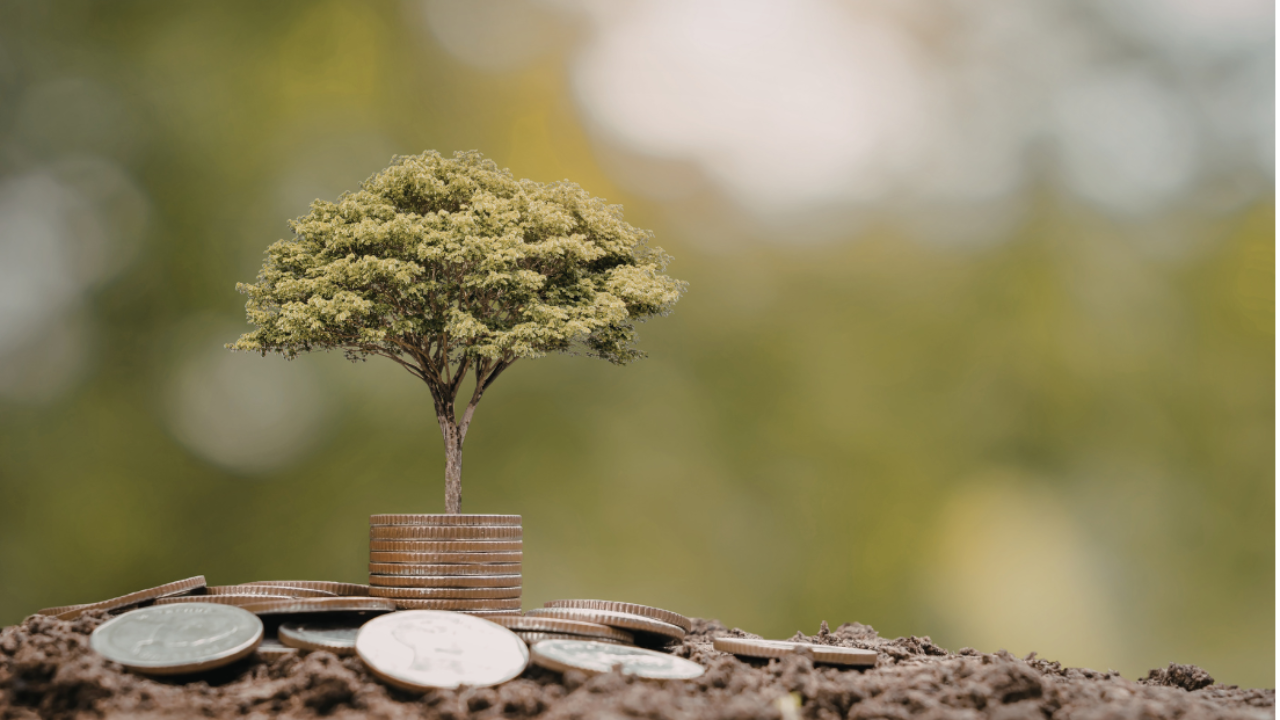Equity Investing: How Dividends and Compounding Grow Your Wealth
Oct 25, 2025
You’ll be pleased to know I’m mixing things up a bit - breaking up my sober diary posts with a money post. Well, it is Saturday, after all, and Saturdays are for money posts!
Before I dive in, I want to give credit to financial adviser Andy Hart. This post, along with some of my recent money posts, has been inspired by his Humans Under Management membership. If you’re a new financial adviser, or frustrated by the old-school approach to advice, I highly recommend checking out his work. This is what financial advice should feel like - practical, human, and refreshingly simple.
What It Really Means to Be an Equity Investor
For many people, the stock market feels a bit like a casino - a place where a few get lucky, but most end up on the wrong side of the “house.”
But seasoned investors know it’s not about luck. When you invest in the great companies of the world, you’re not buying numbers on a screen - you’re buying a real stake in businesses that sell real products and services to real people.
The long-term rewards of being an equity investor come in two main forms:
-
Capital Growth: The hope that one day you’ll sell your shares for more than you paid. This happens when a company grows profits over time - whether by selling more products or passing on rising costs to customers.
-
Dividends: When a company shares a portion of its annual profits with shareholders as cash.
Understanding Dividends
Dividends remind us that equity investing isn’t just about stock prices - it’s about sharing in the financial success of real businesses.
The Dividend Decision: Spend or Reinvest?
When you receive dividends, you face a choice:
Option 1: Take the cash.
Instant gratification. Use the money to supplement your lifestyle, invest elsewhere, or just enjoy it.
Option 2: Reinvest the dividends.
Use the payouts to buy more shares of the same stock or fund. This gradually increases your ownership stake and compounds your potential long-term growth - all without spending extra from your own pocket.
While taking cash feels rewarding immediately, reinvesting can set the stage for much bigger gains over time. It’s the classic choice between short-term satisfaction and long-term growth.
The Power of Compounding
Reinvesting dividends can dramatically affect your long-term results thanks to compound growth - earning returns on your returns.
Historically, reinvesting dividends has accounted for a significant portion of the stock market's total return. For example, $100 invested in the MSCI World Index in 1999 grew to $310 by mid-2024. But with dividends reinvested? That same $100 would have grown to $557.
Most financial headlines focus on share prices or index levels, which often exclude dividends. Reinvesting your dividends shows the true potential of long-term investing.
This “hidden” growth can accelerate your path to financial independence. Even modest investments, when compounded over time, can become significant wealth.
Harnessing Dividend Power
Understanding what it truly means to be an equity investor is the cornerstone of long-term investing success.
Whenever possible, choose funds or platforms that offer automatic dividend reinvestment. Putting your strategy on autopilot makes it easy to consistently grow your investments without thinking about it.
As a financial adviser, my goal is to help you navigate these decisions and create a strategy that aligns with your long-term goals. With the right guidance, you can make informed choices tailored to your unique circumstances.
For those who harness the power of compound growth, the result can be life-changing: financial independence and a comfortable, dignified retirement. 🩷
Disclaimer Time: The information in this post is for general informational purposes only and does not constitute financial advice. It should not be relied upon as a substitute for professional advice tailored to your personal circumstances. Past performance is not a reliable indicator of future results. Always consult a qualified financial adviser before making investment decisions.






